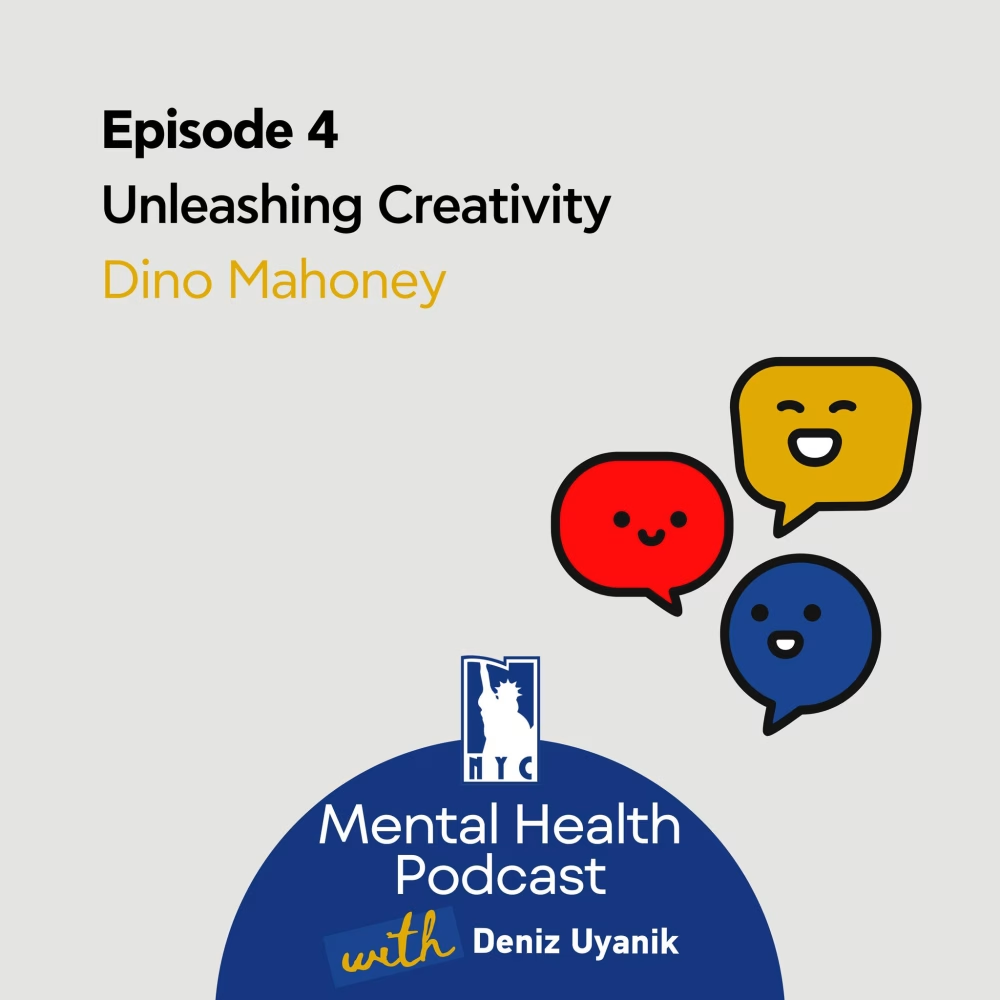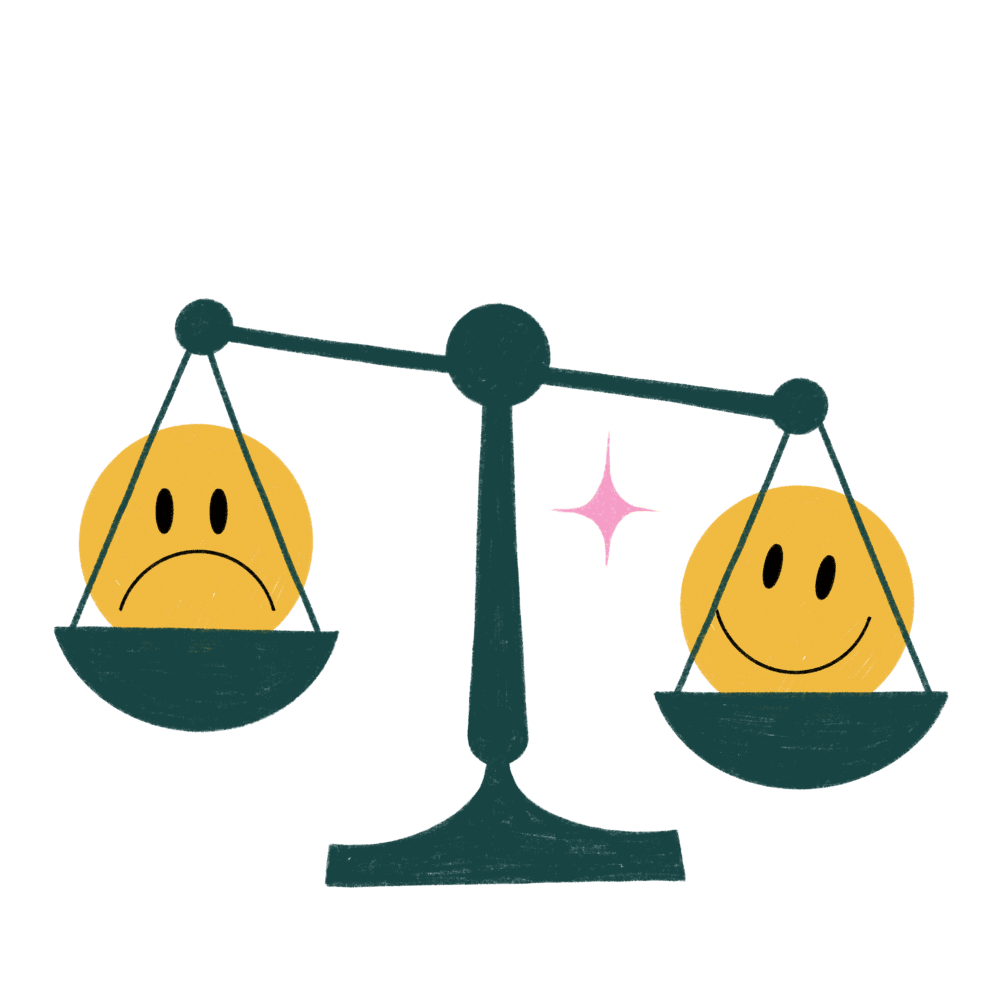People pleasing is the tendency to put others’ needs and desires above one’s own, often at the expense of one’s well-being. People pleasers go out of their way to ensure others are happy and avoid conflict, often saying “yes” to requests even when they would prefer to say “no.” Signs of People Pleasing Why Do… Continue reading
Articles
A Practical Guide for Therapy Breaks
Therapy break can be a crucial part of your mental health journey. Whether it’s to process progress, handle life’s demands, or simply take a pause, understanding how to direct this decision is important. This guide will help you determine when and how to take breaks in therapy, ensuring you maintain your mental health while addressing… Continue reading
Lacan’s Mirror Phase Concept, Meaning, and Impact
Jacques Lacan, a prominent French psychoanalyst, introduced the concept of the “mirror phase” in his work on child development and psychoanalytic theory. This idea, which emerged in the 1930s and 1940s, has significantly impacted psychoanalysis, philosophy, and cultural theory. Understanding Lacan’s mirror phase involves exploring how he conceptualized this developmental stage. It also has broader… Continue reading
Individual Therapy or Couples Therapy to Solve Relationship Problems ?
Relationship problems can be challenging, and deciding whether to seek help through individual therapy or couples therapy can be confusing. Both options offer tools and insights, but which is the best choice for you? Let’s explore the benefits of each and how to choose the right path. Individual Therapy: Focusing on Personal Growth Benefits: When… Continue reading
Mental Health Podcast Episode 4 – Unleashing Creativity with Dino Mahoney
In Episode 4 of the New York College Athens Mental Health Café, host Deniz Uyanik sits down with the multi-talented Konstandinos (Dino) Mahoney. They discuss ways of unleashing creativity using poetry. Based in London and the Greek island of Aegina, Dino brings a rich heritage and a wealth of experience. Join them as they dive… Continue reading
The Modern Quest of Quick Dopamine Releases
The quest for instant gratification has never been more evident. The driving force behind this urge is dopamine, a neurotransmitter that plays a role in how we feel pleasure. But how exactly does dopamine work, and why are we becoming more attuned to quick dopamine releases? This article explores activities that trigger dopamine and examines… Continue reading
What is Intuitive Eating?
Intuitive Eating is a non-diet approach to eating that emphasizes listening to your body’s hunger and fullness cues rather than external dieting rules. Created by dietitians Evelyn Tribole and Elyse Resch in the 1990s, it has gained popularity as a compassionate and effective way to improve one’s relationship with food. Core Principles of Intuitive Eating:… Continue reading
What is Libido in Freud’s Theory?
The term “libido” is often associated with sexual desire, but its roots in Sigmund Freud‘s psychoanalytic theory reveal a deeper meaning. In this article, we’ll explore Freud’s concept of libido, its origins, development, and role in understanding human behaviour. 1. What is Freud’s concept of libido? Libido, according to Freud, represents the energy of life… Continue reading
What is Trichotillomania (Hair-Pulling disorder)
Trichotillomania, often referred to as hair-pulling disorder, is a condition where individuals feel a strong urge to pull out their own hair. This can lead to noticeable hair loss, distress, and impairment in daily functioning. Cognitive Behavioral Therapy (CBT) has proven effective in managing Trichotillomania. This article explores the disorder, its symptoms, and how CBT… Continue reading
Conquering Skin Picking Disorder
Skin Picking Disorder, also known as Excoriation Disorder, is a condition marked by repetitive skin picking that leads to tissue damage and distress. It affects daily life, causing physical, emotional, and social difficulties. Understanding and addressing this disorder requires effective treatment strategies, with Cognitive Behavioral Therapy (CBT) at the forefront. Symptoms and Impact People with… Continue reading










